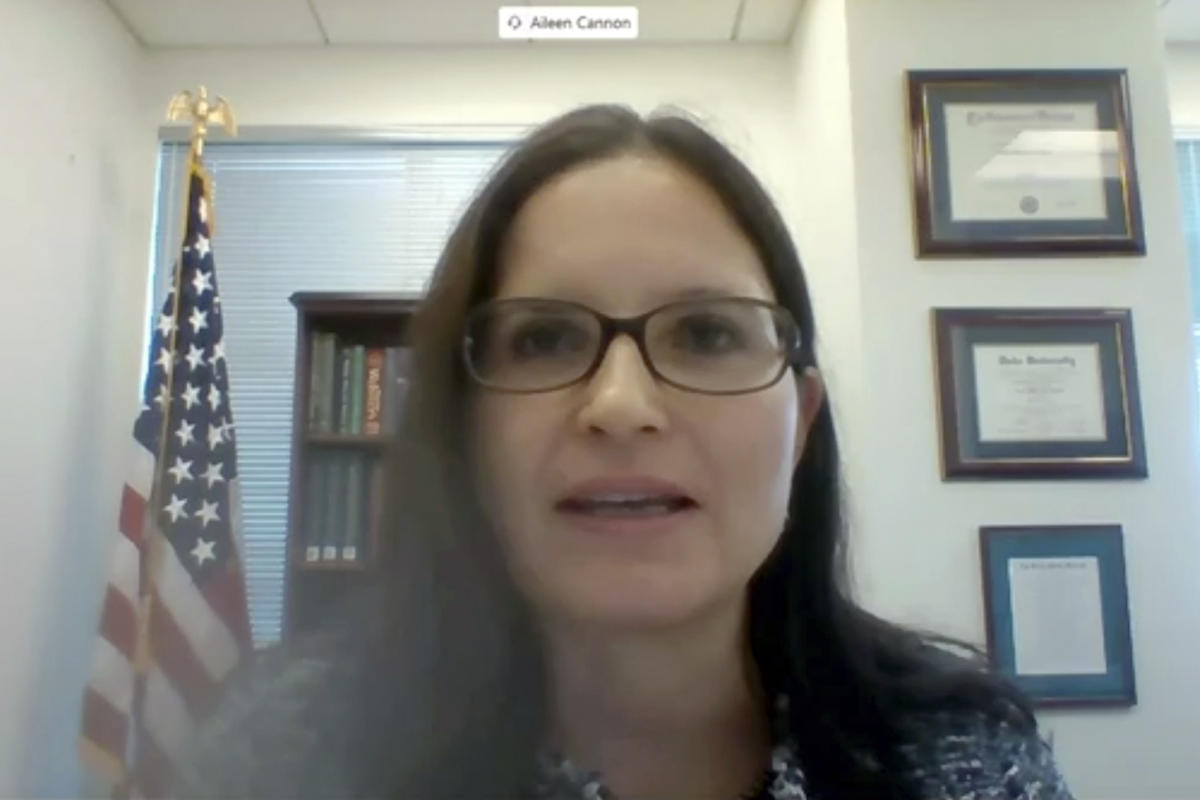#What to know about RSV symptoms and transmission – The Hill

Table of Contents
What to know about RSV symptoms and transmission – The Hill

Story at a glance
- Respiratory syncytial virus (RSV) cases are on the rise around the U.S., especially among children.
- Symptoms can be mild like those of a common cold: runny nose, coughing and sneezing.
- But in young children and older adults, RSV can cause more severe illness like bronchiolitis and pneumonia.
Cases of respiratory syncytial virus (RSV) are currently high across the country and experts say they may continue to rise, putting children and older adults at risk of severe disease as winter approaches.
Adults with RSV typically have symptoms of the common cold, but babies, young children and older adults who are infected with the virus can develop more serious illnesses like pneumonia.
This year, several children’s hospitals are reporting a surge in RSV cases and in the number of those cases requiring hospitalization.
The cases are also coming unusually early in the year. Testing positivity rate for the virus has been around 10 to 15 percent in recent weeks, according to the Centers for Disease Control and Prevention (CDC). The number of positive cases rose rapidly starting in late August, which is early compared to a typical year, when this rise may not start until November. The early surge throws into question when cases of the virus will peak and how long this season may last.
“This year we are seeing a lot of RSV already and I don’t think we have peaked yet,” says pediatric infectious disease specialist Benoosh Afghani at University of California Irvine. “I think in the next few weeks we’re going to see a peak.”
Here’s what to know about RSV amid the rise in cases.
How is RSV transmitted?
RSV is primarily transmitted through contact with bodily fluids, and less commonly through the air or skin to skin contact.
People can get infected with the virus if they come into contact with droplets containing RSV and then touch their eyes, nose or other entryways into the body.
The coming winter season will bring holidays and large gatherings, where people sharing a space run the risk of giving each other viruses, including RSV but also others, like flu and COVID-19, that primarily spread through the air.
For RSV in particular, families should take note that touching surfaces can lead to transfer of the virus. “If they’re touching their nose and touch a surface and somebody comes and touches that surface, and then their nose or eyes, they might get it if they’re not immune to it,” says Afghani.
RSV can survive on hard surfaces, like tables and railings, for many hours and for shorter periods of time on surfaces like tissues or skin.
Transmission can also occur more directly if, for example, someone is coughing in a person’s face and they aren’t wearing a mask, allowing droplets to land in their eyes and nose.
What are the symptoms of RSV?
Both adults and children can get infected by RSV. Illness is typically more severe in young children and older adults, much like with flu.
Adults infected with the virus typically experience symptoms of a common cold like runny nose and sneezing. The common cold is caused by several types of viruses, including RSV, coronaviruses and rhinoviruses.
RSV infection in infants, children and older adults can be like a common cold, but it can also lead to severe respiratory illness. Symptoms include runny nose, decrease in appetite, coughing, sneezing, fever and wheezing, according to the CDC. For babies and children, mucus buildup and wheezing may be signs that the illness has progressed to a more severe state. Older adults may be at risk of pneumonia, exacerbation of asthma or congestive heart failure.
As well as pneumonia, which is infection of the lungs, RSV can cause bronchiolitis, which is inflammation of the small airways in the lung.
The virus typically does not cause diarrhea, but may cause vomiting if there is a lot of mucus, says Afghani. For example, if an infected person is breathing hard or coughs a lot, they can swallow the mucus and then throw it up.
Adults and children with a severe case of RSV may need to be hospitalized if they are having trouble breathing or are dehydrated. In some severe cases, the patient may need additional oxygen or intubation.
How is RSV treated?
There is no vaccine or approved treatment for RSV. In most cases, adults and children can get over the infection in a week or two without treatment.
There is a monoclonal antibody sometimes used to protect against serious illness from the virus called palivizumab, but it is meant only for prevention of severe disease in high-risk infants. It is not meant to be used as treatment once a patient has been infected with RSV. Palivizumab is given as an intramuscular shot that must be repeated about once a month during RSV season.
Caretakers can manage fever and pain in people infected with the virus with over-the-counter products. The CDC says that staying hydrated is crucial for RSV patients.
Afghani notes that suctioning, the process of extracting fluid from the airways, is the most important step to take when babies with RSV who have developed symptoms of severe disease, such as mucus buildup, get admitted to the hospital.
Why is RSV on the rise?
One of the potential reasons RSV is surging now is because fewer people have immunity from previous infections than in a typical year.
While there is no vaccine for the virus, adults and children can develop immunity to RSV from an infection. A pregnant person who is exposed and develops antibodies can even pass those antibodies on to their fetus. Once born, the baby would then have some protection from the virus.
But restrictions on in-person activities during the coronavirus pandemic prevented circulation of respiratory viruses in general.
Flu is also currently a concern partly for that reason, with cases rising quickly in the U.S. “If both viruses have the same kind of peak, that’s going to be a real strain on the healthcare system in addition to the COVID virus,” Afghani tells Changing America.
More information on RSV can be found on the CDC’s website.
If you liked the article, do not forget to share it with your friends. Follow us on Google News too, click on the star and choose us from your favorites.
For forums sites go to Forum.BuradaBiliyorum.Com
If you want to read more News articles, you can visit our News category.




